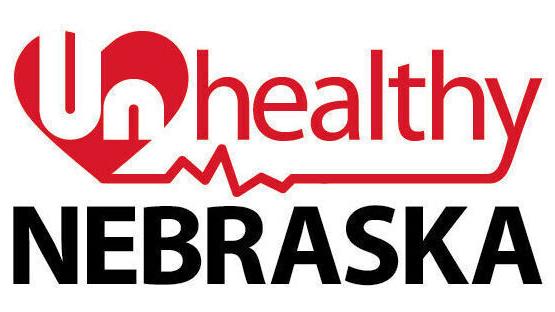The link between education and health disparities is clear, said Dr. Sade Kosoko-Lasaki, a professor of preventive medicine and public health at Creighton University.
“The less educated someone is,” she said, “the higher their chance of dying disproportionately than the general population from diseases.”
Sade Kosoko-Lasaki
Such factors as poverty, socioeconomic status, jobs, income, the environment and crime favor “the White individual,” Kosoko-Lasaki said. “Is this the fault of the White person? No. It’s just the structure.”
Addressing the issue first requires people to acknowledge “the role of these systemic — previous and current — differences and impacts of systemic racism,” said Dr. Jasmine Marcelin, an assistant professor in the Department of Internal Medicine at the University of Nebraska Medical Center.
Some of that shows up in the health care system itself, Marcelin said. Studies have found “individuals are provided different standards of care depending on what they look like,” she said.
Jasmine Marcelin
One example, Marcelin said, is an equation used to estimate a person’s kidney function that, among other factors, takes into account whether a person is Black or not, with the assumption that Black people have higher muscle mass than people who aren’t Black.
“How this is problematic,” Marcelin said, “is if a person is experiencing kidney failure but they are Black, it will seem as if their kidneys are failing at a slower rate. So they may not be referred to a kidney doctor or for transplant.”


















